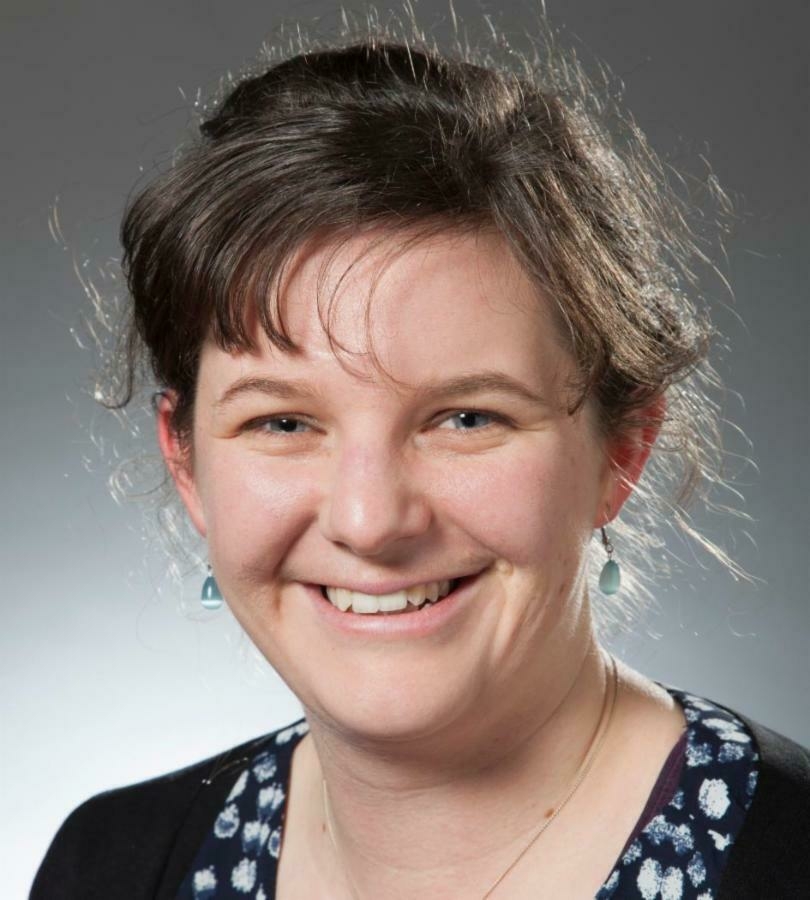Studying lung mechanics and breathing effort during assisted ventilation in NICU
A common practice
Assisted ventilation is very common in neonatal care. Despite a gradual decrease in New Zealand’s birth-rate, there has been an increase in premature birth and neonatal intensive care unit (NICU) admissions, resulting in increasing demand for skilled care. NICU babies are one of the most expensive and resource-intensive hospital patient groups in New Zealand.
While assisted ventilation is one of the most successful interventions ever for improving neonatal survival, its misuse can cause ventilator-induced lung injury (VILI), extend length of stay in NICU and delay development.
Assisted ventilation aids respiratory distress
The most common indicator for assisted ventilation in NICU is respiratory distress, which happens when decreased surfactant on lung surfaces causes lung collapse and makes breathing difficult. Statistics show that of ventilated infants, around two thirds receive CPAP (continuous positive airway pressure) ventilation and one third receives invasive mechanical ventilation (IMV).
Understanding lung mechanics better may reduce the need
Dr Jennifer Knopp and her team at the University of Canterbury are researching model-based methods and CPAP data to characterise patient-specific lung mechanics and gain a better understanding of how NICU patients breathe.
It’s hoped the results will provide insights into patient conditions that can’t be revealed with current data. The overall aim is to improve the delivery of assisted ventilation, reduce the risks of ventilator-induced lung injury (VILI) and reduce reliance on assisted ventilation.
Cure Kids is looking forward to the outcomes of this research
Assisted ventilation is both a blessing and a risk, which is why Cure Kids has chosen to provide funding for Dr Knopp’s research. We hope the findings will lead to more personalised NICU care that supports better outcomes.

Help fund our big research.
Every bit helps.

